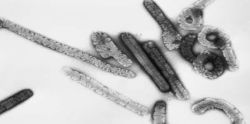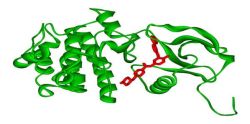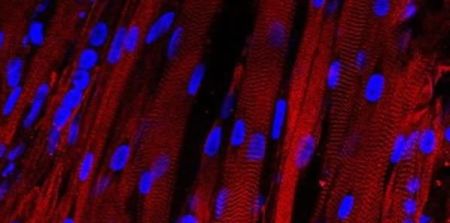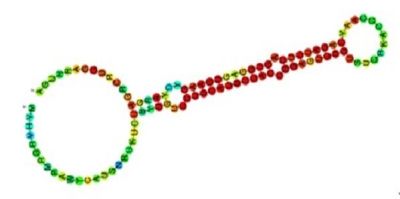Duke researchers have grown human skeletal muscle in a laboratory that contracts and responds like native tissue to external stimuli such as electrical pulses, biochemical signals and pharmaceuticals.
The study was led by Nenad Bursac, Associate Professor of Biomedical engineering at Duke University, and Lauran Madden, a Postdoctoral Researcher in Bursac's laboratory and has been published in eLife.
The new lab-grown tissue can allow researchers to test new drugs as well as study diseases in human muscle outside the human body.
The researchers used a small sample of human cells that had progressed beyond stem cells but had not yet become muscle tissue. They then expanded the myogenic precursors by more than a 1000-fold and put them into a 3D scaffolding filled with a nourishing gel. This allowed them to form aligned and functioning muscle fibres.
The new muscle has been extensively tested to determine how closely it resembles native tissue inside a human body. It was found that the muscles robustly contracted in response to electrical stimuli and the signalling pathways that allow nerves to activate the muscles were also intact and functional. This is the first time that a human muscle has been grown in a laboratory.
Bursac and Madden studied the response of the muscle to a variety of drugs including statins and performance enhancers. The effects of the drugs matched those that have been seen in human patients.
"The beauty of this work is that it can serve as a test bed for clinical trials in a dish," said Bursac. "We are working to test drugs' efficacy and safety without jeopardising a patient's health and also to reproduce the functional and biochemical signals of diseases -- especially rare ones and those that make taking muscle biopsies difficult."
The researchers are now working on a study with clinicians at Duke University to try and correlate efficacy of drugs in patients with the effects on lab-grown muscles. They are also trying to grow contracting human muscles using induced pluripotent stem cells.
Other investigators involved in this study include George Truskey, the R. Eugene and Susie E. Goodson Professor of Biomedical Engineering and senior associate dean for research for the Pratt School of Engineering, and William Krauss, professor of biomedical engineering, medicine and nursing at Duke University.
Source: Duke University
Image Credit: Nenad Bursac, Duke University
References:
Lauran Madden, Mark Juhas, William E Kraus, George A Truskey, Nenad Bursac.(2015) Bioengineered human myobundles mimic clinical responses of skeletal muscle to drugs. eLife, 2015; 4 DOI: 10.7554/eLife.04885























